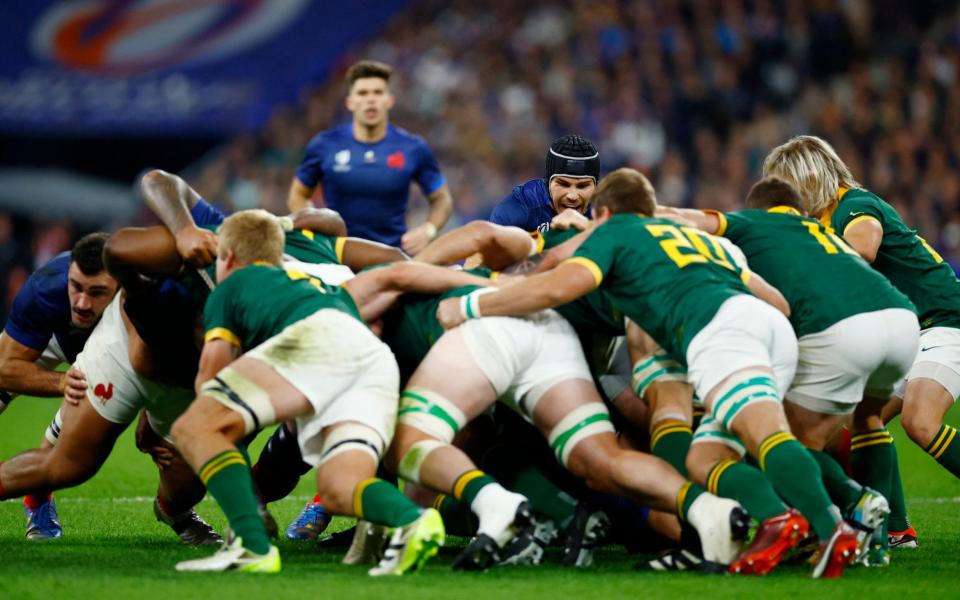Rugby law changes mark insidious depowering of the scrum

As part of three law tweaks to be implemented on July 1 this year, alongside removing ‘Dupont’s law’ and ‘crocodile rolls’, it will no longer be possible to scrum from a free-kick.
When assessed alongside the other changes it looks like a fairly inconsequential tweak. How often do teams actually choose to scrum from a free-kick, anyway? Not that often; only, really, if a side has ascendancy in that area.
Flip the coin over, however, and it is worth considering why, when it is such a seldom occurrence, World Rugby have bothered with this tweak in the first place. The focus is on “both spectacle and safety” but if that is really the case, then surely there are thousands of other quandaries with which World Rugby could concern itself?
The undercurrent here, of course, is an insidious depowering of the scrum; one of rugby’s foundational elements, something which makes rugby union, rugby union. The issue is that World Rugby, pressured by whoever, have deemed that scrums do not equate to spectacle.
Put simply, the governing body is wrong. Scrums, when carried out properly, are thunderous and wondrous. That happens all too rarely today, but the challenge for World Rugby is to find a way for one of rugby’s unique assets to prosper, not begin a wind-down.
Tactically, there is a point to be made, too. One of the moments of the last World Cup – a defining act of the Springboks’ charge to glory – came when full-back Damian Willemse opted for a scrum after calling a mark (a free-kick in all but name) in his own 22. France were flustered, floundering, as dreams of a first World Cup, on home soil, dissipated. South Africa’s embracing of the scrum and willingness to use it should be applauded not derided.
There are also underhand tactics to consider. What is preventing a side under the pump at scrum time, from deliberately giving away a free-kick offence – such as an early engagement or no brake-foot – to avoid further scrums?
Diversity in approach is what makes international rugby so attractive. If teams want to scrummage, it is up to the opposition to stop them and find other ways to win (as England nearly did in the semi-final stage of the World Cup). Otherwise we are heading towards global rugby homogeneity.
World Rugby bleats about “spectacle and safety” but in forcing scrums to be set within 30 seconds at this year’s under-20 world championships there clearly is not much thought or consideration to the latter. As for the former, rugby is a far richer product with functioning scrums than without them.

